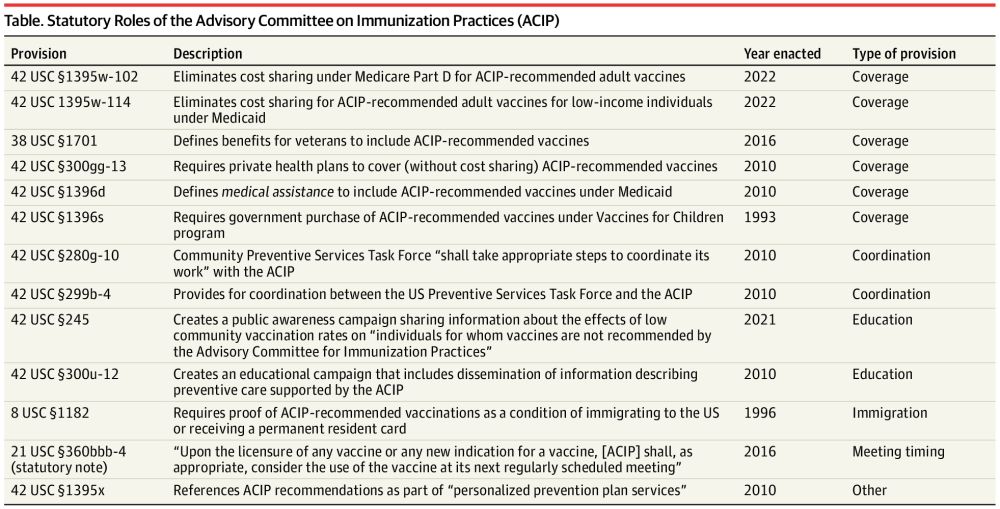Aaron S. Kesselheim
by Mark A. Lemley — Reposted by: Aaron S. Kesselheim, Rebecca Tushnet, Mark A. Lemley
drive.google.com/file/d/1NhrG...

by Aaron S. Kesselheim — Reposted by: Daniel S. Goldberg

Reposted by: Aaron S. Kesselheim, Joseph S. Ross
www.statnews.com/2025/07/10/f...

by Aaron S. Kesselheim — Reposted by: Daniel Aaron

mailchi.mp/eb7d1808132b...


www.healthaffairs.org/do/10.1377/f...







Reposted by: Aaron S. Kesselheim
We've sent it out, so law review folks- check your inboxes! #lawsky
papers.ssrn.com/sol3/papers....

Reposted by: Aaron S. Kesselheim
- the promise and risk of drug repurposing,
- drug importation to address shortages,
- use of subgroup analysis in cost-effectiveness studies
- biosimilar patent litigation,
- and much more!
#medsky #healthpolicy





